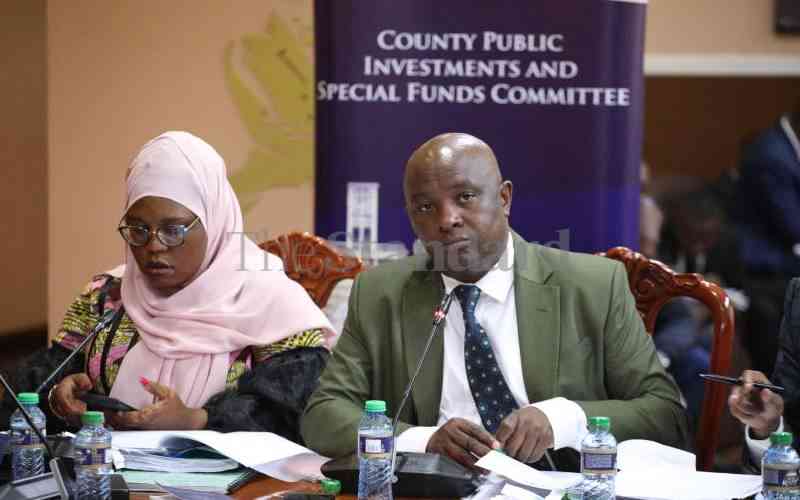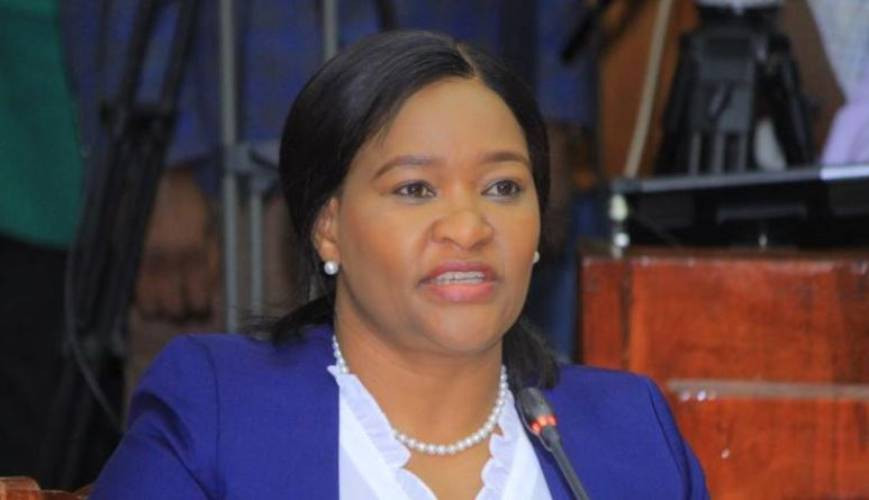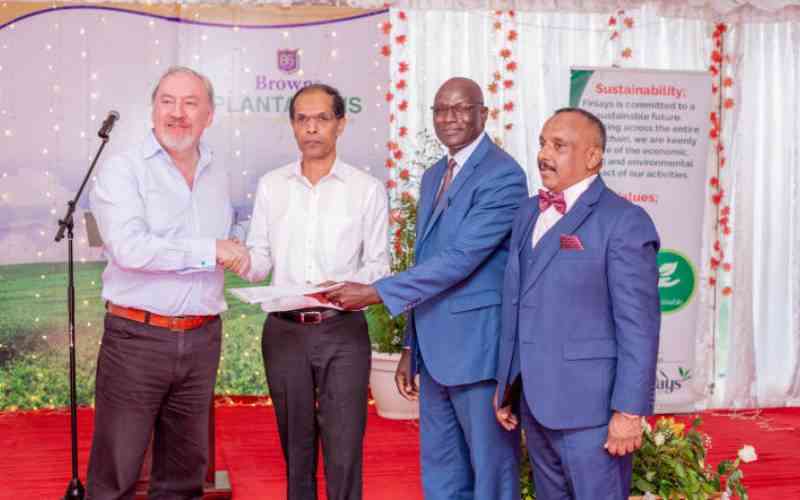The challenges of inequality, unsustainable exploitation of natural resources and an unstable macroeconomic environment have persisted, and we need to employ creativity and innovation to address them.
To limit our vulnerability to inequality, crime and insecurity, we must enhance access to opportunities and ensure economic growth empowers the majority. There is no glory in registering growth that does not improve livelihoods and lead to shared prosperity.
Human greed
Inequality kills dreams and undermines the realisation of Kenyans’ full potential. How many potential engineers, doctors, architects, teachers, bankers and business people have we lost and are we still losing due to a lack of opportunities?
Human greed has contributed to the accumulation of wealth that does not help advance development.
It has also contributed to the creation of an unstable macroeconomic environment, which in turn erodes wealth and destroys value through recession, inflation and unpredictable exchange rates.
We need to re-evaluate our economic growth and poverty reduction strategies to reflect emerging realities, and borrow global best practices economic models.
Islamic financial and banking practices — which have a strong emphasis on real economic activities and creation of value on the basis of transparency, fairness and justice — are gaining more traction as offering workable solutions to some of the omissions of the economic and financial models in practice.
The functions and goals of the Islamic financial and banking system are similar to the systems under the capitalistic structures. The only difference is the focus on spiritual values, socio-economic justice and human brotherhood.
Economic returns
The Islamic financing approach operates on the principles of inclusion and sharing of resources between the rich and the poor, and it is fast gaining ground globally.
It does not condone investment practices that hurt society. As per Islamic principles, profits are not deserved unless value is derived from the economic activity for the benefit of the larger society.
Individuals are encouraged to undertake activities geared towards their personal economic well-being, as long as this is done within the framework of Islamic principles. Exploitation and fraudulent activities are not allowed.
Investments in activities such as arms trade, human trafficking, drugs, alcohol and any other form of business detrimental to the overall well-being of society are also prohibited. The concern for social and environmental stability supersede any considerations for economic returns.
The institution of riba (interest) is totally outlawed. Productive activities that generate cash flows and create wealth, such as returns from trading processes or from the transfer of usufruct — which entails the right to use an asset for production purposes with a provision for rent due to the asset owner — are encouraged.
Stay informed. Subscribe to our newsletter
The Islamic financial system is based on a risk, profit and loss-sharing principle. Islamic transactions are similar to equity-based transactions in rewarding performance, with a strong emphasis on rewarding effort rather than merely ownership of capital.
Islamic banks are focused on businesses that are connected to the real economy and partnerships that contribute to value creation.
Banking assets
These financial institutions operate on the basis of a robust governance framework that includes an extra layer of oversight involving sharia scholars who ensure sharia tenets are adhered to.
According to Ernst and Young, Islamic banking assets surpassed $778 billion (Sh76 trillion at current exchange rates) in 2014 and are projected to reach $1.8 trillion (Sh176 trillion) by 2019. Globally, Islamic banking assets have grown at an annual rate of 17 per cent between 2009 and 2013.
The growth of the Islamic financial industry has been attributed to its ethical and moral considerations, which offer an attractive alternative to conventional lending.
 The Standard Group Plc is a
multi-media organization with investments in media platforms spanning newspaper
print operations, television, radio broadcasting, digital and online services. The
Standard Group is recognized as a leading multi-media house in Kenya with a key
influence in matters of national and international interest.
The Standard Group Plc is a
multi-media organization with investments in media platforms spanning newspaper
print operations, television, radio broadcasting, digital and online services. The
Standard Group is recognized as a leading multi-media house in Kenya with a key
influence in matters of national and international interest.
 The Standard Group Plc is a
multi-media organization with investments in media platforms spanning newspaper
print operations, television, radio broadcasting, digital and online services. The
Standard Group is recognized as a leading multi-media house in Kenya with a key
influence in matters of national and international interest.
The Standard Group Plc is a
multi-media organization with investments in media platforms spanning newspaper
print operations, television, radio broadcasting, digital and online services. The
Standard Group is recognized as a leading multi-media house in Kenya with a key
influence in matters of national and international interest.









